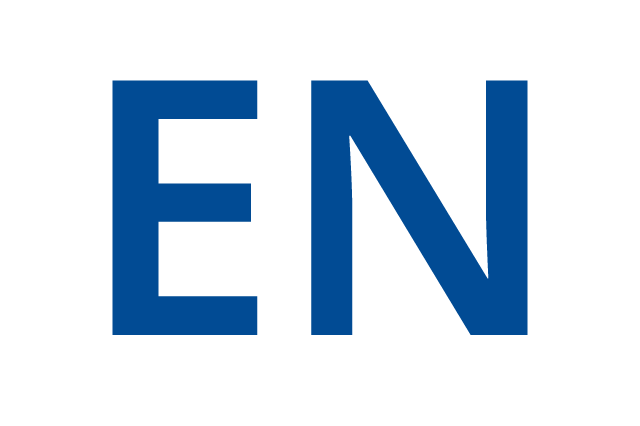



| La recherche à l'ULB ⤶ |
Description de l'Unité | Projets de l'Unité | Composition |
| Collaborations de l'Unité | Technologies protégées | Publications | Compétences |
Laboratoire Cognition, Langage et Développement (LCLD)
Faculté de Psychologie, des Sciences de l’Éducation et de Logopédie | Centre de Recherche Cognition et Neurosciences
Instituts interfacultaires | UNI, ULB Neuroscience Institute
(Code: ULB099)
| Responsable de l'unité : CHETAIL Fabienne. |
The research focus of the LCLD concerns the study of human cognition, language, and speech perception with a developmental and educational perspective, a field also known as developmental or educational neuroscience. Although a large part of the research is based on behavioral experimental techniques, with normally developing children, children with cognitive or sensory developmental impairments and adult participants, current projects also integrate computational modelling as well as neuroimaging techniques (ERP, fMRI, MEG). The lab has a long tradition of research on visual word recognition processes, and on reading and spelling acquisition in typical and atypical development, as well as on speech perception. Major themes of active investigation at the moment concern aspects of language processing and reading; spoken and printed word recognition processes; written language acquisition disorders (dyslexia/dysgraphia); novel word reading; reading motivation and engagement; speech perception; speech-in-noise perception; language development in hearing-impaired persons. LCLD is a member of CRCN (http://crcn.ulb.ac.be) and UNI (https://uni.ulb.ac.be).
| Campus : | Campus du Solbosch |
| Localisation : | Bâtiment D, niveau 10, local DC10-125 |
| Adresse : | CP191 - Avenue F.D. Roosevelt, 50 - 1050 Bruxelles |
| Téléphone : | +32-2-650-26-31 |
| Email : | fabienne.chetail@ulb.be |
| Site Web : | http://crcn.ulb.ac.be/lab/lcld/ |
Disciplines CRef :
• Enseignement des langues étrangères
• Lexicologie
• Neurolinguistique
• Neuropsychologie
• Neurosciences cognitives
• Psycholinguistique
• Psycholinguistique (psychologie)
• Psychologie cognitive
• Psychologie de l'enfant en âge scolaire
• Psychologie des handicaps
• Psychologie du développement cognitif
• Psychologie du développement normal et pathologique
• Psychologie expérimentale
• Psychologie scolaire
• Sciences cognitives et éducation
• Traitement du langage

